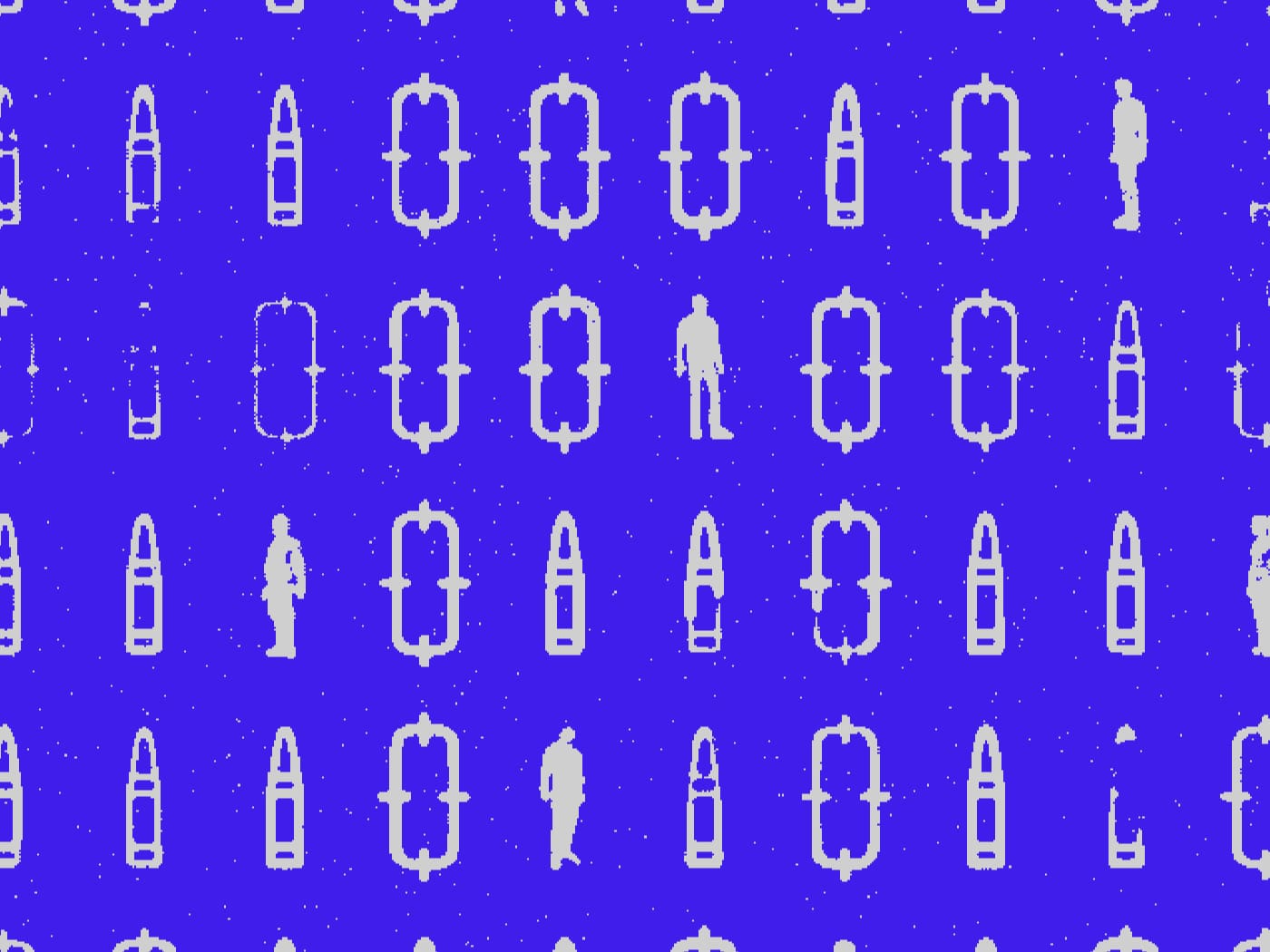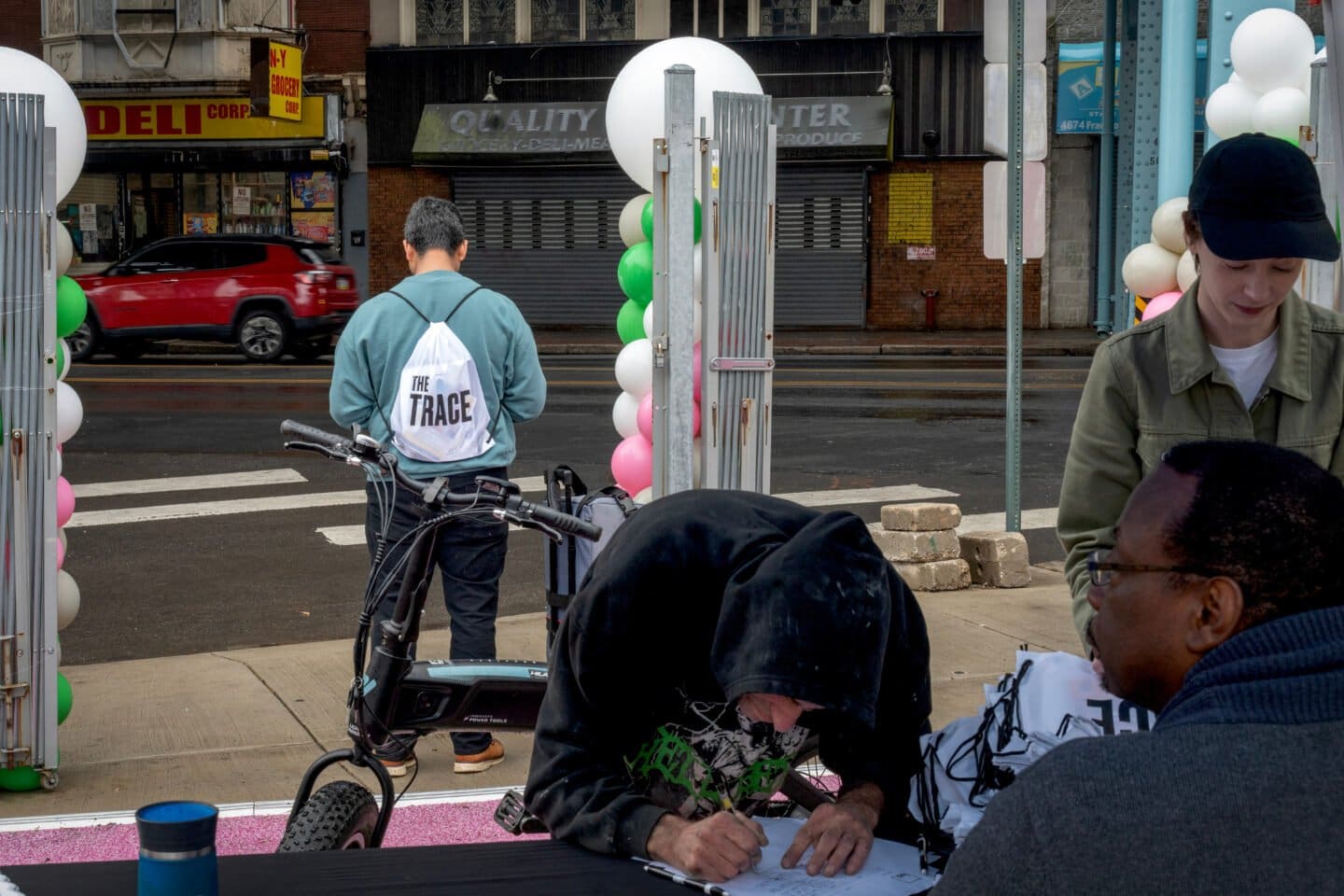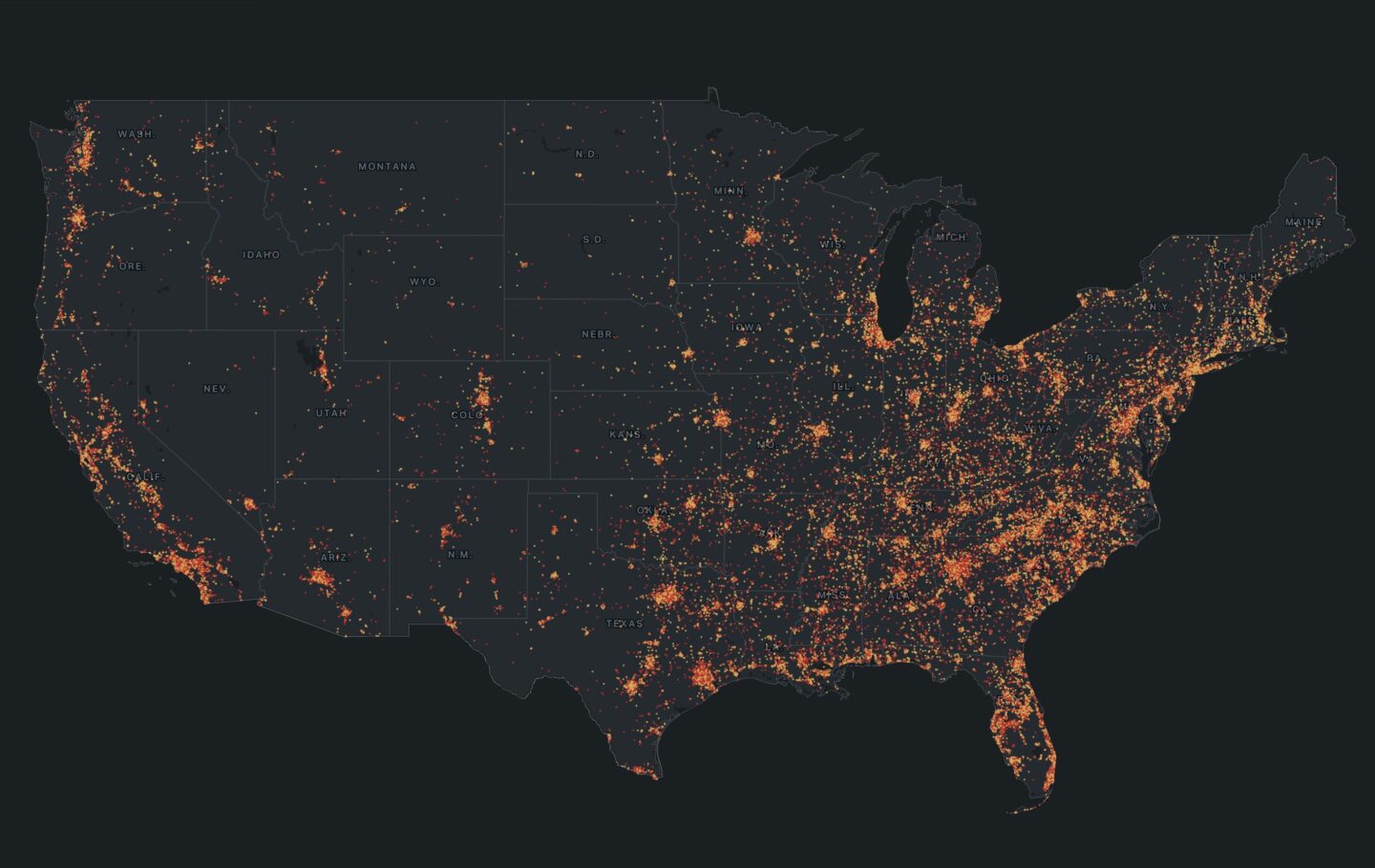

The Gun Violence Data Hub, an initiative of The Trace, provides support, resources, and reliable data to newsrooms, researchers, and the public.
The Hub features three main tools:
- A help desk to field gun violence related inquiries from journalists and researchers
- Resources for newsrooms to bolster their U.S. gun violence knowledge
- NEW! An open data library of contextualized and well-documented datasets
Get help with reporting and research from our gun violence data experts
We want to hear from you! Reach out to our team if you…
- Are a journalist or academic researcher
- Need help understanding gun violence in your area.
- Need help collecting, cleaning, and analyzing gun violence data.
- Want to collaborate on gun violence journalism or research.
- Want to suggest a dataset we should include in the library.
- Have other gun violence questions or questions about the Hub.
Behind the Stories: Wyoming Prohibits Gun-Free Zones
Last week, Wyoming Public Radio published a web and radio story about the potential consequences of the state’s decision to prohibit gun-free zones, eliminating concealed carry regulations across broad swaths of Wyoming’s public spaces. This digital and radio story is a collaboration between Wyoming Public Radio and The Trace’s Gun Violence Data Hub.
Our partnership began in May 2025, when Data Hub editors asked Wyoming Public Radio if we could support their ongoing coverage of HB 172, the legislation that would eliminate gun-free zones. The bill was championed by Wyoming’s newly minted Freedom Caucus, a hard-line conservative offshoot of the state’s Republican Party.
In May, Data Hub staffers met with WPR news director Kamila Kudelska and State Capitol reporter Chris Clements, who had covered HB 172’s passage in February. Together, we brainstormed how to assess HB 172’s impact on public safety.
Fact Sheets, Reporting Recipes, Guides, and more
Find everything you need to accurately research and report on gun violence in the U.S. and in your community. Trace reporters and editors have compiled a glossary, fact sheets, guides, and other material to get you started. Build a strong foundation here for understanding this uniquely American public health crisis. If you can’t find what you’re looking for, reach out through the help desk.

With the data library launched …
We’re turning our attention to acquiring and analyzing more data, and to our collaborative outreach efforts.
The Data Hub’s Future
It is the Gun Violence Data Hub’s goal to become the most comprehensive publicly accessible data resource available on this subject. We’re a small and mighty team and we want your help accomplishing this goal!
Since 2015, The Trace has already worked with dozens of organizations, researchers, and media outlets to bring you the most robust and nuanced gun violence coverage available. Now, the Hub aims to expand on that success by forming partnerships with new individuals and groups that are specifically interested in solving the problem of poor, unavailable, or nonexistent gun violence data. If that describes you or the place you work, please reach out via the help desk and subscribe to our updates to keep track of the latest Hub developments.
If you want to see this initiative grow faster, please consider supporting The Trace.
Stay up to date with the latest from the Gun Violence Data Hub.
Sign upWe’ve got answers
General information and frequently asked questions about the Gun Violence Data Hub.
-
The Gun Violence Data Hub is a project of The Trace, the only news outlet dedicated exclusively to covering gun violence in the United States. The Data Hub’s mission is to increase the accessibility and use of accurate information on gun violence. We do so in three main ways:
- Through our help desk, working with partner newsrooms to report and tell stories using our data – especially in underserved markets and communities with severe gun violence.
- By collecting, analyzing, and publishing data along with metadata, methodologies, and guides to using those resources in the Hub’s library. (COMING SOON!)
- By providing general gun violence resources including fact sheets, guides, a glossary of terms, and this FAQ.
-
Great question! We answer that in our Guide to Reporting on Gun Violence (COMING SOON!). The short answer is that the U.S. currently has in place strict laws that prevent government agencies and researchers from releasing — and sometimes even gathering — certain firearm and gun violence related information.
-
The same people and groups that fund The Trace. Read more about our donor and financial transparency.
-
Hard no. We are a news operation that is an initiative of The Trace, a publication that exclusively covers gun violence and follows strict editorial standards and donor transparency policies. Our staff are alumni of respected institutions like The New York Times, Los Angeles Times, Time magazine, and more. Read more about our standards here.
-
Great question! Subscribe to our newsletter to receive updates on new data releases and future plans. If you’d like us to work on something specific, submit a help desk ticket. In the meantime, check out our fact sheets and guides for information about where to find reliable gun violence information.
-
We’d love to hear from you! Submit a help desk ticket to set up a meeting with one of our staffers. Give us as much information as you can about your aspirations and needs.
-
Here are a few information sources regularly used by the Gun Violence Data Hub and The Trace. Most of these sources require at least an intermediate understanding of either data analysis, gun violence as a public health issue, guns, or some combination of all three. (That’s why we’re doing this here Data Hub thing!)
- Centers for Disease Control and Prevention WONDER database – Tracks mortality in the United States including firearm fatalities.
- Gun Violence Archive – An independent nonprofit that collects data from more than 7,500 law enforcement, media, government, and commercial sources daily.
- Bureau of Alcohol, Tobacco, Firearms and Explosives data and statistics – The law enforcement arm of the federal government charged with enforcing firearms manufacture and sale regulations.
If you don’t find what you’re looking for in this list, send us a help desk ticket and we can discuss incorporating what you’re looking for into the Data Hub. We especially love ideas that have national implications, but are easily localized to smaller geographic areas.
-
By becoming a supporting member of The Trace right here. Thank you!



